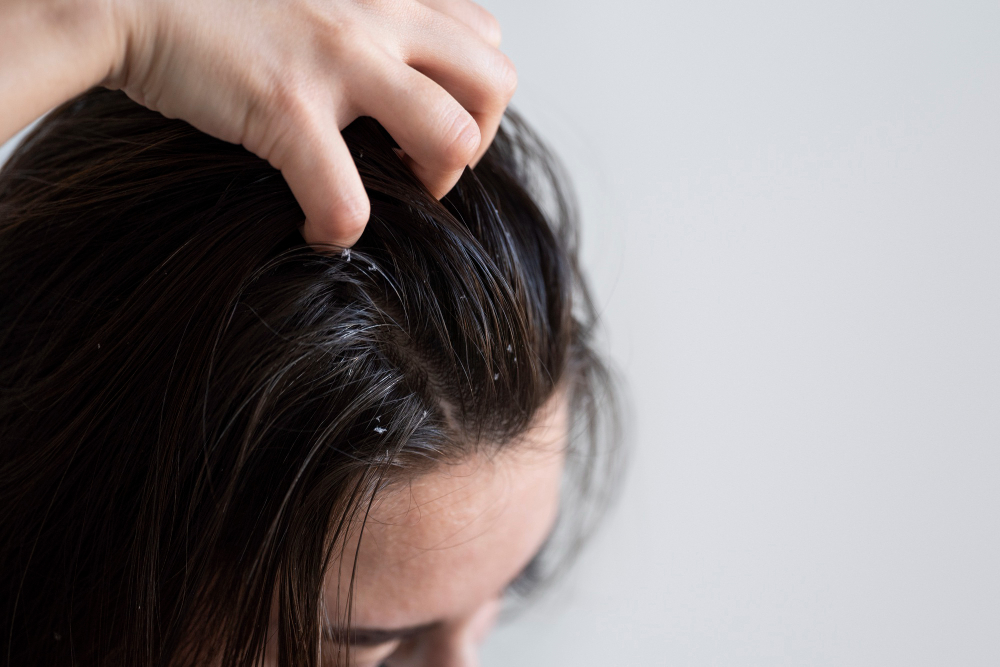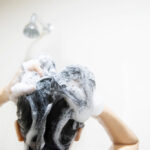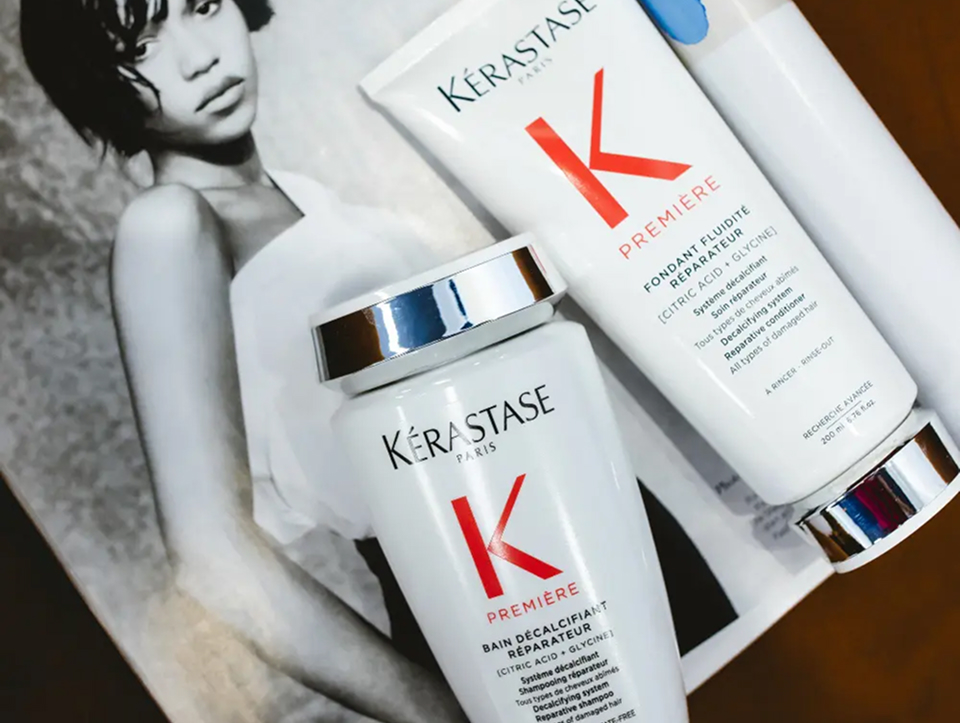Oily dandruff can be frustrating. Unlike dry flakes, this type is sticky, yellow, and clings to your scalp, making your hair look greasy and causing irritation. Many people struggle to find effective treatments for oily dandruff.
We found that using the wrong shampoos or home remedies often worsens the condition, leaving flakes, itchiness, and inflammation. At our hair and scalp spa, we’ve helped countless clients learn how to treat oily dandruff using professional scalp treatments and proven home remedies.
In this article, we share tips to treat oily dandruff, including shampoo recommendations, diet adjustments, exfoliation techniques, and more.
Follow these steps, and within 3–4 weeks, you can reduce flakes, control scalp oil, and restore a healthy, itch-free scalp.
What is Oily Dandruff?
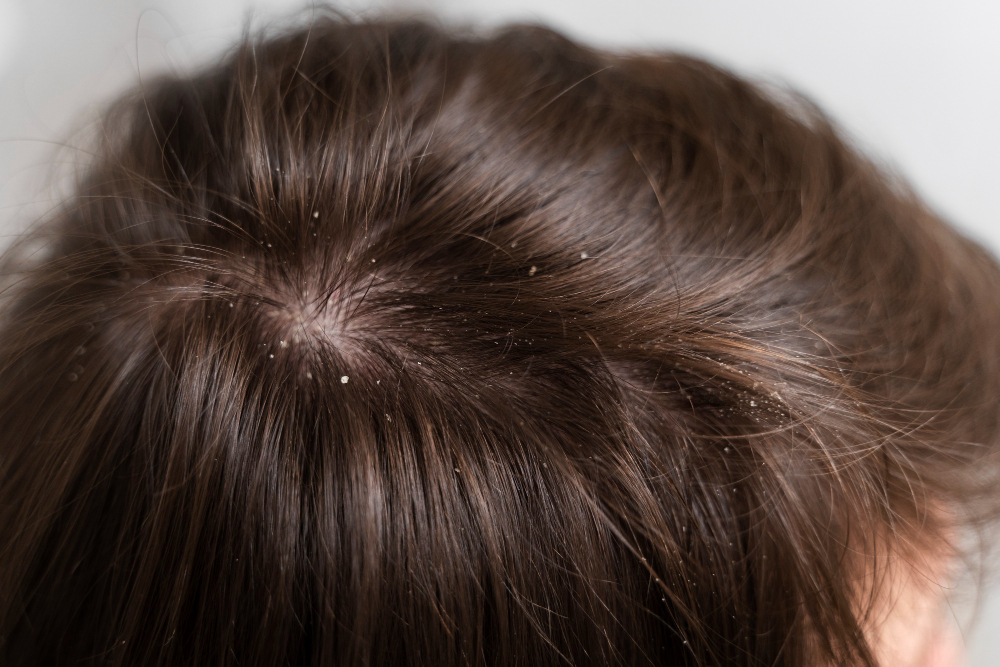
Oily dandruff, also called seborrheic dermatitis, occurs when your scalp produces excess oil, creating a feeding ground for Malassezia yeast. As this yeast thrives, your immune system reacts, causing:
- Yellow, greasy flakes
- Itchy scalp
- Inflammation
- Potential hair loss in severe cases
External triggers can include stress, humidity, diet, and genetics. Studies show that Malassezia overgrowth is strongly linked to seborrheic dermatitis. Read more here for detailed insights.
💡 Tip: Cleaning your hairbrush regularly prevents oil and yeast buildup. Learn how here.
How To Treat Oily Dandruff: 8 Expert Tips
1. Change Shampoos

Switch to medicated or antifungal shampoos targeting oily dandruff. Look for:
- Zinc Pyrithione – controls Malassezia growth
- Ketoconazole – reduces fungal activity
- Tea Tree Oil, Lavender, Rosemary – natural antifungals
- Aloe Vera or Jojoba Oil – soothes irritation
🧴 Explore scalp serums and shampoos recommended for oily scalp care. For example, consider Kerastase Bain Divalent Balancing Shampoo.
2. Exfoliate Your Scalp

A scalp scrub removes dead skin, excess oil, and product buildup from the scalp. Exfoliation also improves blood circulation, promoting healthy hair growth. Use a gentle scrub 1–2 times per week.
🧽 Learn how to exfoliate your scalp effectively at home and learn what the difference is between dandruff and product buildup.
3. Use Targeted Dandruff Products
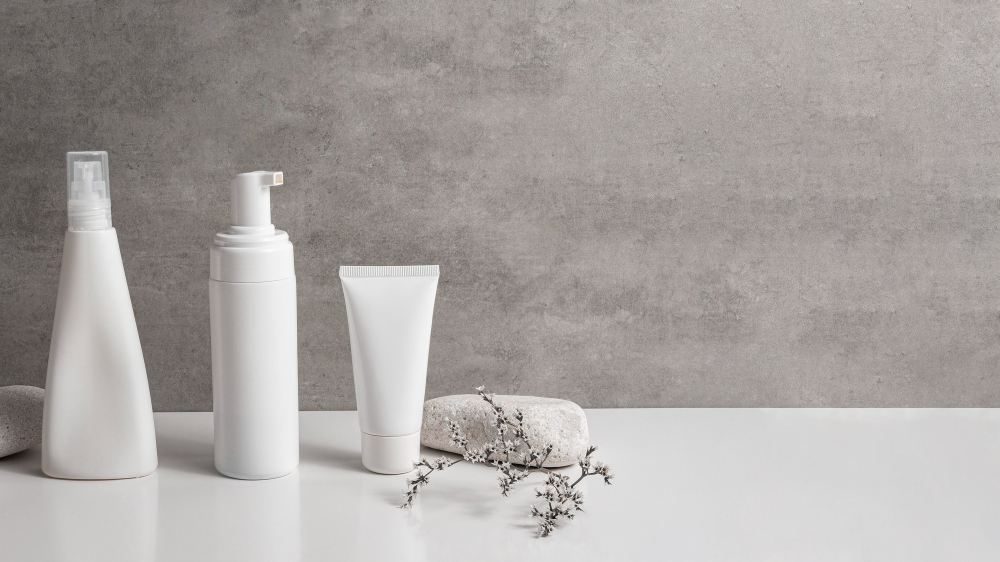
In addition to shampoos, consider ingredients like:
- Apple Cider Vinegar
- Willow Bark
- Salicylic Acid
- Coal Tar Derivatives
These help reduce yeast overgrowth, soothe inflammation, and minimize flaking. Over-the-counter products like Head & Shoulders have proven effective.
4. Wash Your Hair Frequently

Frequent washing removes excess oil and prevents yeast from thriving. Use medicated shampoos consistently, following instructions for a double cleanse to keep your scalp balanced.
5. Eat a Scalp-Healthy Diet

Nutrition impacts scalp health. Include:
- Omega-3 rich foods: salmon, flaxseeds, walnuts
- Healthy fats: avocado, olive oil
- Limit sugar and processed foods to reduce fungal growth
Research shows that diet contributes to inflammation and seborrheic dermatitis flare-ups.
6. Invest in a Hair Care Routine For a Healthy Scalp
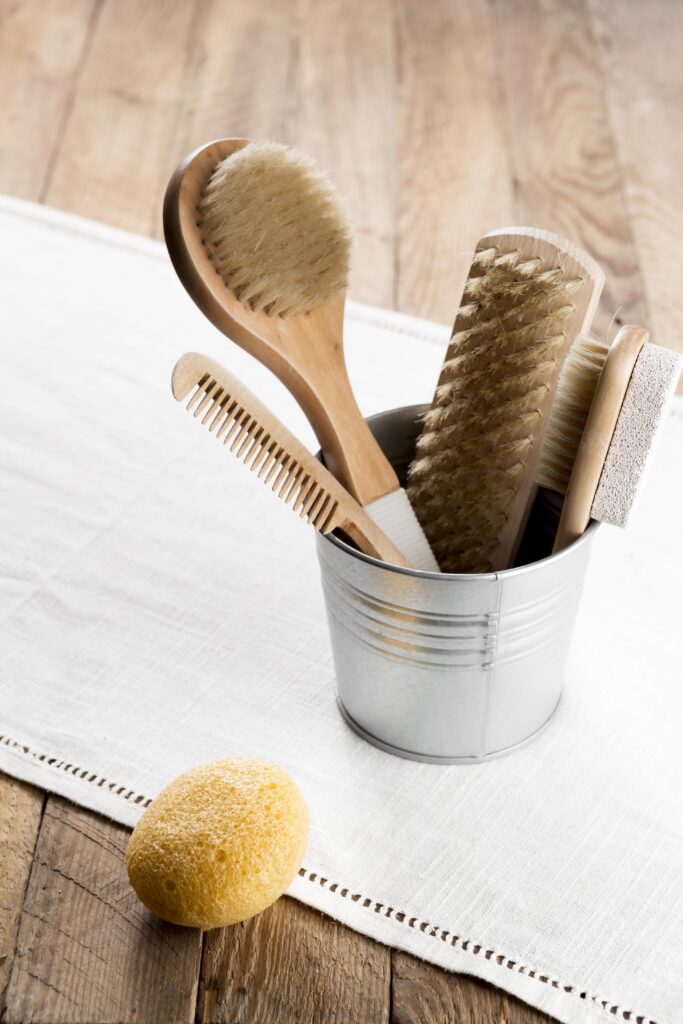
Professional scalp treatments and home serums containing Zinc Pyrithione or other antifungal ingredients help maintain scalp balance. Leave-in treatments can prevent flakes between washes.
Book a professional scalp treatment to accelerate results.
💡 Hair Care Myths Busted
While building a healthy scalp routine, it’s essential to separate fact from fiction. Common myths—like “oily scalp always causes dandruff” or “dry scalp causes dandruff” can mislead you and worsen the problem. Understanding the truth helps you choose the right treatments and avoid ineffective products.
For more myth-busting insights, check out our guide: Hair Care Myths Busted.
7. Ditch Your Styling Products For Now

While treating your scalp, reduce product use. Alcohol-based sprays, dry shampoo, and chemical-heavy products can worsen dandruff. Reintroduce styling products only after your scalp is healed.
8. Coconut Oil Treatments

Virgin coconut oil has antifungal and anti-inflammatory properties. Apply warm oil to your scalp, massage it in, leave it on for 45 minutes, then rinse with shampoo. Use 2–3 times per week.
How Oily Dandruff Can Affect Hair Health
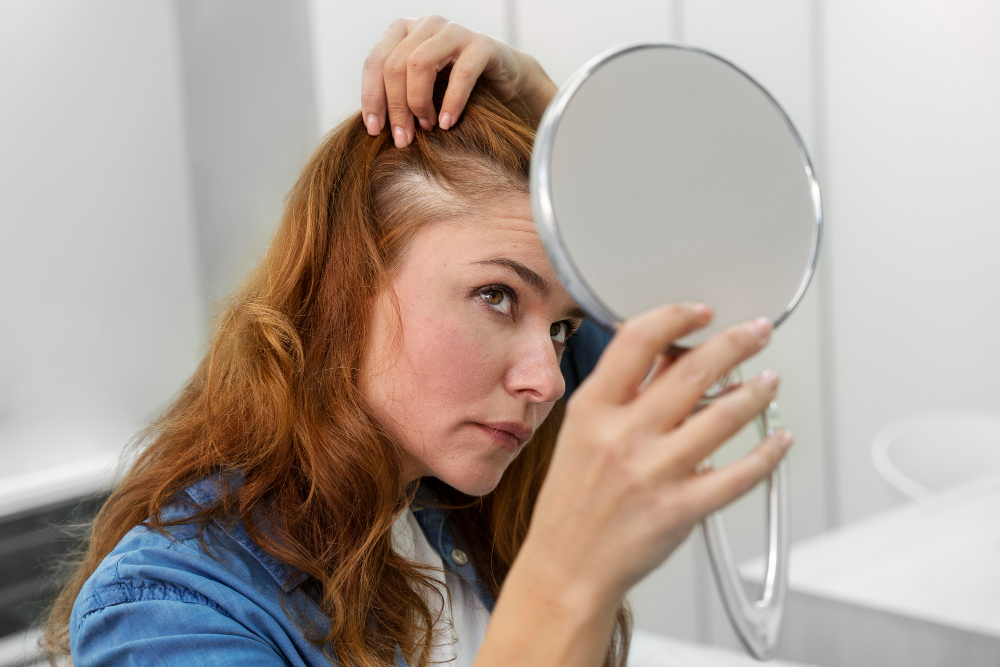
Persistent oily dandruff isn’t just a cosmetic concern; it can also affect your hair health over time. When the scalp is constantly irritated and inflamed due to excess oil and Malassezia overgrowth, hair follicles can become stressed. This stress may lead to increased hair shedding or even thinning if the underlying issues are not addressed.
Tip: Maintaining a clean, balanced scalp is crucial. Persistent inflammation from oily dandruff can weaken follicles, making hair more prone to breakage.
For a deeper understanding of hair shedding versus hair loss, check out our detailed guide here: Hair Loss vs Hair Shedding. This helps you identify whether your hair concerns are temporary shedding or more serious hair loss that requires targeted treatment.
The Role of Clogged Hair Follicles

Clogged hair follicles are another factor that can worsen oily dandruff. Excess sebum, dead skin cells, and styling product buildup can block follicles, creating an ideal environment for yeast overgrowth and irritation. Over time, these clogged follicles can exacerbate flaking, itching, and scalp sensitivity.
Mini Guide for Prevention:
- Exfoliate regularly: Use a gentle scalp scrub once or twice a week to remove buildup.
- Deep cleanse: Occasionally, use a clarifying shampoo to keep follicles free of debris.
- Avoid heavy product layering: Too much styling product can trap oils and dead skin.
Following these steps helps maintain healthy scalp function, reduce oily dandruff, and promote hair growth. For more tips, see our complete guide on managing clogged follicles: How to Deal with Clogged Hair Follicles on Scalp.
👉 Find out if oily hair causes dandruff
How Long Will It Take?
Most people notice improvement within 3–4 weeks of consistent treatment. Persistent cases lasting more than 6 weeks may require prescription-strength shampoos or topical treatments.
Ready to restore your scalp health? Book your scalp therapy with us today and enjoy a flake-free, healthy scalp.
FAQ
How can I treat oily dandruff at home?
Use medicated antifungal shampoos, exfoliating scrubs, and maintain a scalp-friendly diet. Avoid heavy styling products until symptoms improve.
What is the cause of oily dandruff?
Excess oil on the scalp creates a breeding ground for Malassezia yeast, triggering inflammation and flaking.
Can coconut or other oils help with oily dandruff?
Virgin coconut oil can soothe the scalp and temporarily reduce irritation. Tea tree oil is more effective due to its antifungal properties.
How can I prevent oily dandruff from returning?
Maintain regular scalp hygiene by washing hair with appropriate shampoos, exfoliate weekly, and follow a balanced diet.

